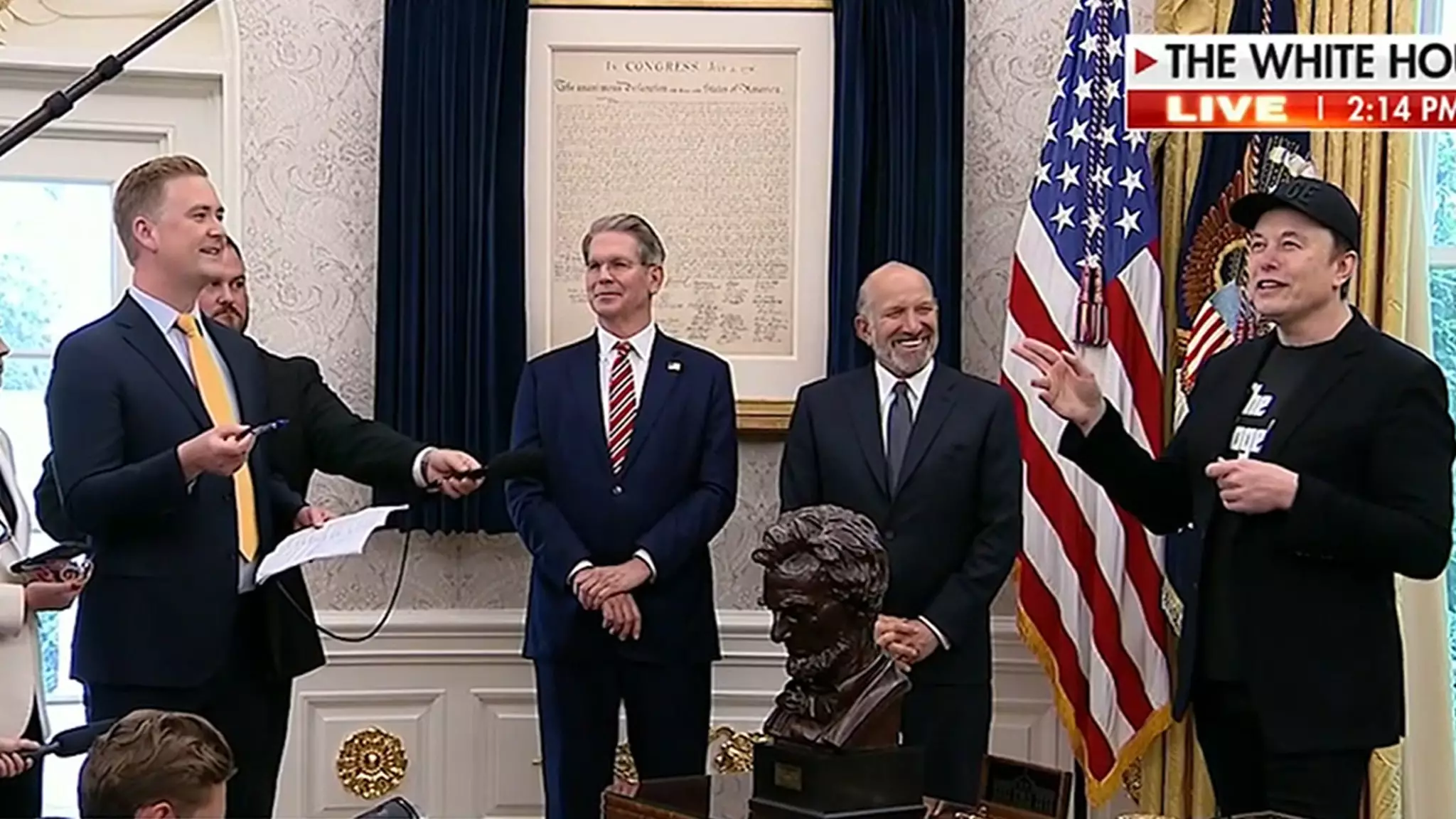In the ever-complicated intersection of celebrity, politics, and journalism, few figures ignite as much debate as Elon Musk. Recently, Musk’s criticism of The New York Times (NYT) following a report about his alleged substance abuse has sparked considerable discussion regarding the nature of media reporting and the accountability of public figures. This incident, complete with Musk’s bombastic retorts, underscores the polarized landscape of news consumption today, illustrating just how tenuous the relationship can be between influential personalities and the institutions that document their lives.
Elon’s Deflection and Its Significance
The report from the NYT alleged that Musk has been using a significant amount of ketamine and other drugs, even insinuating that such use adversely affected his health. Instead of addressing these claims directly, Musk wasted no time in attacking the credibility of the NYT itself. By labeling the publication as untrustworthy and asserting that audiences should “not read a dang thing they publish,” he effectively redirected the narrative toward a commentary on the reliability and integrity of journalistic entities. This tactical deflection not only alters the focus from his personal life but also extends an invitation for further debate regarding the media’s role in shaping public perception.
Despite Musk’s vehement dismissal, it’s essential to analyze the journalistic responsibilities that underlie such accusations. The NYT vehemently defended its reporting, emphasizing the lack of any formal correction requests or legal challenges to the accuracy of its claims. This highlights a significant paradox that exists in the current media ecosystem: while public figures frequently assert media bias and inaccuracies, they rarely substantiate these claims with clear evidence, thereby muddying the waters of accountability on both sides.
The Influence of Public Perception
Another layer to this controversy involves the ongoing discourse surrounding the Pulitzer Prize—an esteemed acknowledgment in journalism that covers exceptional reporting. Musk’s mention of the Award being potentially rescinded as a consequence of alleged errors in reporting related to “Russiagate” indicates how intertwined public perception is with journalistic accolades. He derides the NYT by referring to past controversies, challenging the very foundation of their credibility. This perspective has the undoubted effect of swaying public opinion, showcasing Musk’s prowess not just as a business mogul but as a media manipulator.
In the age of social media, where misinformation can circulate rapidly, Musk’s power to shape narratives becomes even more profound. He capitalizes on platforms that allow for quick dissemination of personal opinions, often overshadowing traditional journalistic scrutiny. This raises vital questions about the implications of celebrity-driven narratives, especially concerning accountability. Should figures like Musk be scrutinized by the press, or does their immense influence permit them to bypass traditional standards of veracity?
Implications for Journalism and Celebrity Culture
As this evolving narrative transpires, one cannot help but reflect on the broader implications for journalism and celebrity culture. Elon Musk’s approach to handling criticism speaks volumes about the contemporary crisis in media—where trust is decidedly fragile. For journalists, the imperative lies in diligently reporting facts while simultaneously managing aggressive pushback from public figures. As Musk distances himself from this particular controversy, he risks further eroding the preciously held belief in journalistic integrity, inviting others to follow suit.
Furthermore, as Musk prepares to depart his role in government efficiency, his commentary about drug use hints at the underlying pressures faced by high-profile individuals in maintaining an image of invulnerability while grappling with personal issues. This episode not only showcases the intensifying scrutiny faced by leaders like Musk but also emphasizes the vulnerability inherent in a public life under a relentless media lens.
Ultimately, the collision between Musk and the NYT illustrates not just the dynamics of a single scandal, but the larger trends at play in our current socio-political climate. Whether this results in a more robust accountability framework in journalism or simply fuels further celebrity-driven narratives remains to be seen.

